By Eric Fruits, Ph.D.
The coronavirus is already taking a toll on our pocketbooks. Families are facing layoffs. Businesses are closing—and some may never reopen. Our elected leaders are urging everyone to do their fair share. Property owners have been asked to give tenants a six-month grace period to pay their rents. They’re considering forcing small businesses to provide paid sick leave to their employees. That means property owners won’t have the money they need to pay their mortgages and property taxes. That means small businesses will be spending money on workers who aren’t working.
Oregon politicians have been silent on how government is going to do its fair share to relieve the burden of COVID-19. They need to do more than just promise more facemasks and testing kits.
People need cash, but they don’t want handouts. And that’s where state and local governments can help out. Now.
For years, Oregon politicians have been loading new and higher taxes on its people and businesses. They had a permanent prosperity mindset. They believed employment would always increase, wages would always grow, and the stock market would always rise. Year after year, more and more taxes were added—just the price of a latte a week, they’d tell us. But, it all adds up. Property taxes, gas taxes, business taxes, and payroll taxes are just a few of the nibbles that over time have added up to a big bite out of our wallets. It’s time to let us keep some of that money until this crisis passes.
First, the state and local governments must give everyone an automatic six-month extension to file—and pay—their income taxes. Families need that money more than the government.
Next, the Kicker. Oregonians are due for $1.5 billion in Kicker refunds this year. That’s about $350 for the average taxpayer. Instead of waiting to get a credit on this year’s tax return, the state should send out Kicker checks. That’s what the state used to do. Plus, it’s not new spending, it’s money that’s already owed to taxpayers.
As an emergency measure, the governor should order the Oregon Department of Revenue to delay implementation of the Corporate Activities Tax (CAT) for another year. The CAT’s implementation has been chaotic, and many businesses don’t know if they owe money or how much they owe. The first of the quarterly CAT payments are due April 30. Businesses struggling to survive the virus outbreak can’t afford to spend the time and money it takes to figure out this complex and uncertain tax.
Portland should suspend the Clean Energy Fund’s gross receipts tax on retailers. Portlanders need cash on hand now and businesses need to stay solvent. Solar panels can wait until the pandemic passes.
Now’s the time for Portland to kill its Arts Tax and stop its collection efforts. In this time of worry, the city can bring a small piece of relief to the region by ending its hated Arts Tax. The first mayoral candidate who promises to get rid of the Arts Tax has a good shot at being Portland’s next mayor.
Metro should pull its May 2020 ballot measure that would impose two new income taxes on families and businesses. Portland Public Schools should stop the clock on its $1.2 billion school construction bond. Multnomah County should realize the folly in raising taxes for free preschool when students across the state are on a near-permanent Spring Break.
The age of permanent prosperity has come to a quick and unexpected end. Who knows when prosperity will return? Our leaders need to adopt a crisis mentality and work hard to make sure citizens stay solvent and businesses survive. Providing tax relief isn’t “austerity;” it’s action. Action that informs voters that the politicians they vote for care about them when leadership is needed most.
Government is rarely the solution to a crisis, but it can take concrete steps to stop today’s health care scare from turning into a financial panic.
Eric Fruits, Ph.D. is Vice President of Research at Cascade Policy Institute, Oregon’s free market public policy research organization.
Click here for PDF version:
20-09-Tax_Relief_Can_Slow_the_Spread_of_COVID-19_Financial_PanicPDF


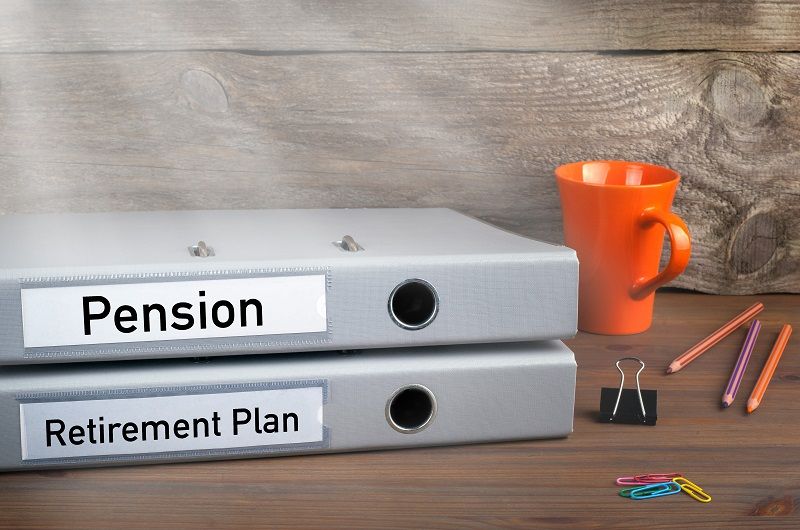
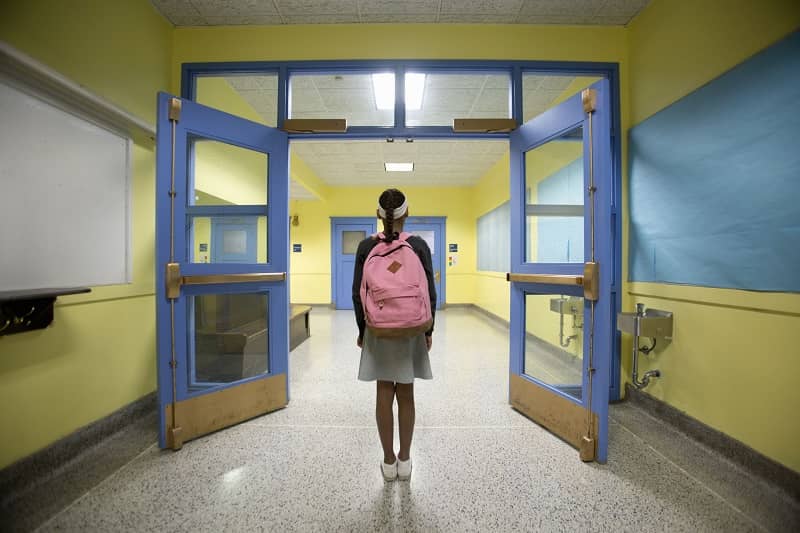


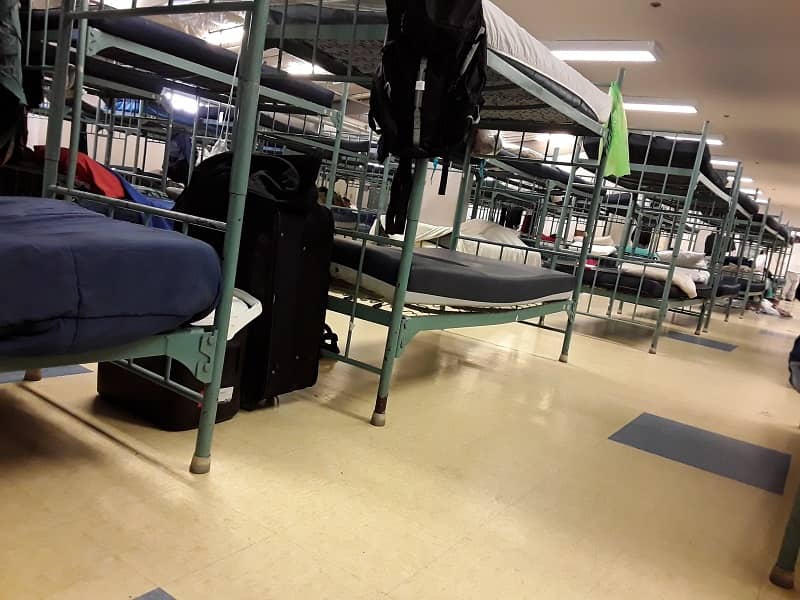

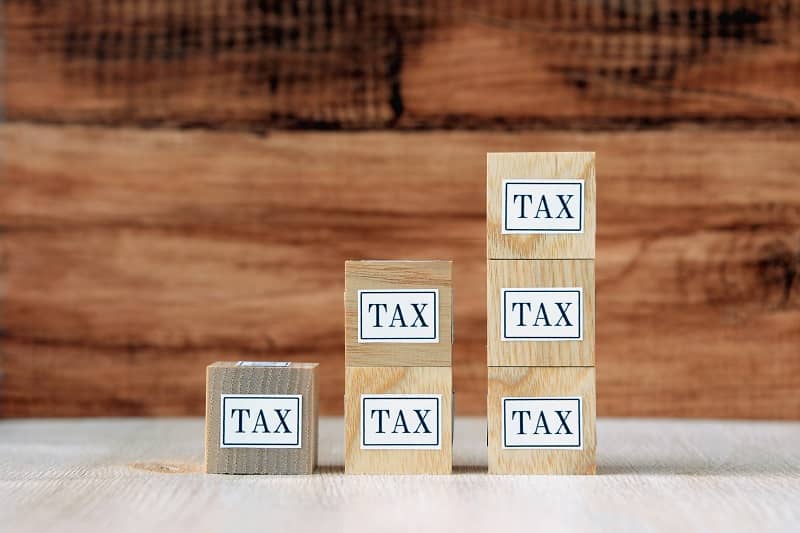


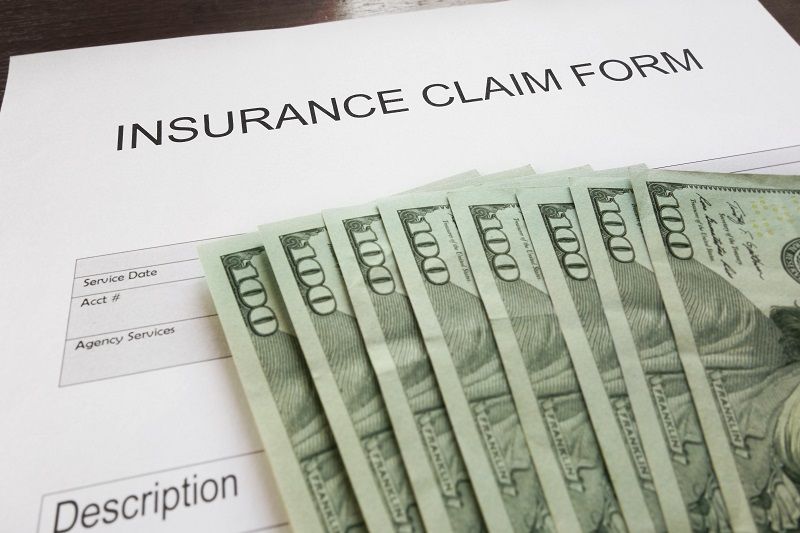

Gary L Virgin
Your article and suggestions are spot on. Now to get any of the politicians to listen is the hard part. Any suggestions on how to make that happen?
Craig Hopkins
Dr. Fruits observations are right on target.The majority of our elected politicians get caught up in the warm & fuzzy of progressive politics & loose touch with what really counts where the folks are concerned.Their tendency is to allow the elitest social engineer bureaucrats to develop policy that they simply rubber stamp.Unfortunatlely those policies do more to enhance the future of the bureaucrats than to make the quality of life better for the folks that really work for a living & pay the taxes that pay the salaries & perks for the bureaucrats.They are more interested in securing their PERS retirement than our general welfare.
Kathy
Excellent suggestions – Let’s promote these ideas in candidate questions during this spring election forums.